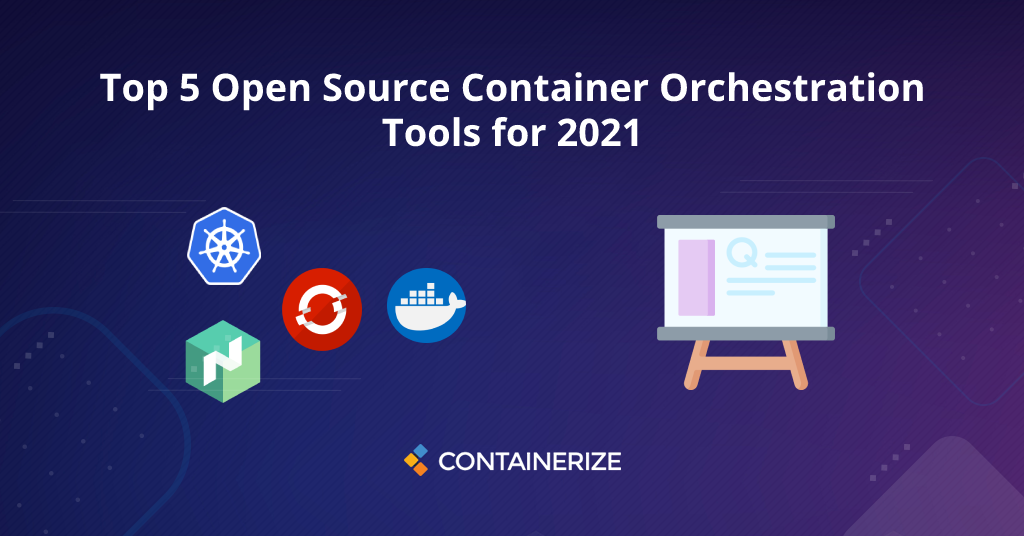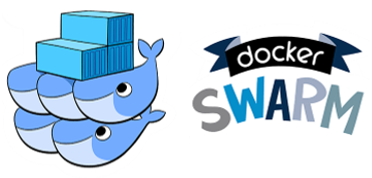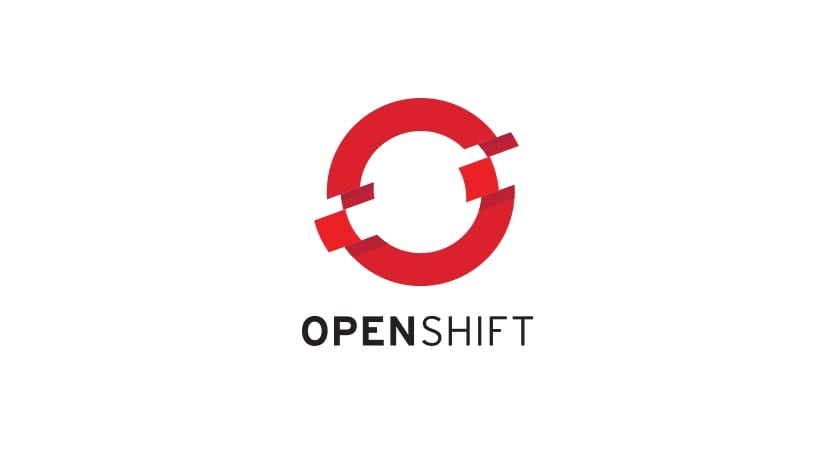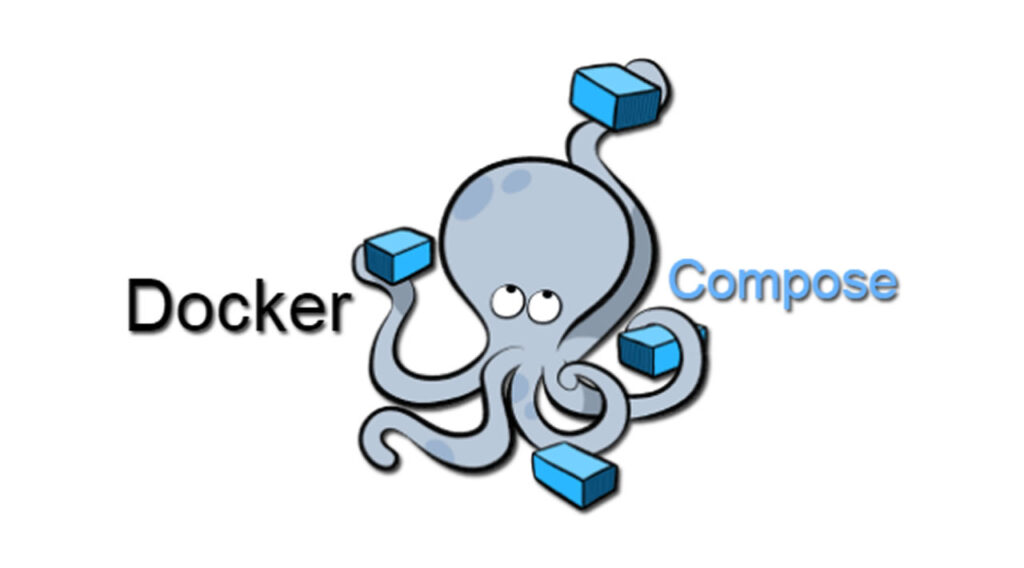Container Orchestration tools help users to automate the deployment, networking, scaling and management of containers. Let’s review the best orchestration tools

Overview
Container orchestration tools help IT administrators, software developers and users to manage containerized applications during development, testing, scaling and deployment process. These container orchestration software also facilitate to schedule and deploy multiple containers for implementation within an application, to identify failed container implementations and manage declarative configurations. Open source container orchestration tools help users to automate the process of running instances, provisioning hosts, and linking containers to increase scalability and functionality of applications by adding containers.
Orchestration tools help in optimizing orchestration process, improving container security by setting containers access permissions and keeping container components separated from one another. Currently, there are many cloud based open source container orchestration tools list available in the market that different organizations use for production environments to manage containers and microservices. Let’s review some of the top orchestration tools.
What are container orchestration platforms? In this article, we will get familiar with the most popular open source container orchestration frameworks for DevOps in 2021.
- Kubernetes
- Docker Swarm
- Red Hat OpenShift
- Compose
- Hashicorp Nomad
- What Are Open Source Container Management Tools?
- Conclusion
1. Kubernetes

- Number of contributors: 3,141
- Top contributor: Jordan Liggitt – Software Engineer at Google | @liggitt
- Primary language: Go
- Number of stars: 81,300
- Number of Forks: 2,960
Kubernetes open source orchestration system is the widespread adoption of containers among organizations, also known as kube or k8s (8 stands for the number of letters between the “k” and the “s”). It has become the de facto standard for scheduling and automating computer applications to build, deploy, scale and manage containerized applications due to the flexible nature of kubernetes architecture. K8 kubernetes is used to manage Linux Containers across private, public and hybrid cloud environments. Kube is container-centric and focuses more on deploying and managing services.
Kubernetes starting point is the cluster itself and how willing you are to step away from the Docker way. It starts big at the kubernetes cluster and uses containers almost as an implementation detail. It makes everything associated with deploying, load balncing and managing your application easier by reducing the operational efforts, inspired by Google’s internal cluster management system, Borg. Kubernetes container orchestration platform was originally developed and designed by engineers at Google and Google open-sourced the Kubernetes project in mid 2014. K3s is a CNCF sandbox project that delivers a fully compliant lightweight Kubernetes distribution. K3s is a purpose built container orchestrator while K8s orchestration is a general purpose container k8s orchestrator open source tool for running Kubernetes.
The most popular tools that integrate with Orchestration Kubernetes are Helm, Rancher, Snyk, Ansible, Docker, Microsoft Azure, Amazon EKS, Google Compute Engine, and Vagrant.
Top companies using Kubernetes orchestration in their tech stacks to build, manage and deploy container environment for applications are Google, Kubermatic, DigitalOcean, Shopify, Udemy, Slack, Asana, Walmart and Prometheus.
2. Docker Swarm

- Number of contributors: 178
- Top contributor: French Software Engineer at @cruise-automation | @vieux
- Primary language: Go
- Number of stars: 5,800
- Number of Forks: 1,100
Docker swarm is a simple container orchestration tool native to docker platform for managing containerized applications. It allows developers to create, deploy, and manage a cluster of Docker nodes across multiple host machines. Docker Swarm mode allows you to manage docker engine clusters locally within the docker system. It is used to efficiently manage, scale and deploy distributed cluster of nodes on production with the same files as used by docker compose orchestration locally. One of the key advantages of swarm is the high level of service availability offered for applications.
Docker Swarm container orchestration starts at the container and builds out, provides an easy way to move into cloud container orchestration without knowledge of existing docker tools. Swarm is suitable for experiments and smaller scale container orchestration and deployments due to limitations of early Swarm releases and less proven than Kubernetes and Mesos container orchestration. Docker swarm open source consists of manager and worker nodes that run services.
The most popular tools that integrate with Docker Swarm are Azure Container Service, Docker for AWS, Codefresh, Flocker, Continuous Delivery Service, Docker Datacenter, Traefik and Portainer.
Top companies using Docker Swarm orchestration in their tech stacks are OODA, Appwrite, NET Core, DevTeam, Patients Know Best and Mainwebsolutions.
3. Red Hat OpenShift

- Number of contributors: 447
- Top contributor: David Eads
- Primary languages: Go and AngularJS
- Number of stars: 8,000
- Number of Forks: 4,600
Redhat OpenShift is the most secure and an enterprise-grade cloud-based container orchestration system with Kubernetes at the backend. It can be used both as a Red Hat Container Orchestration Engine and Platform-as-a-Service (PaaS). OpenShift container platform works with industry standard Kubernetes distribution, focused on developer experience and application security. It’s built on Redhat enterprise Linux and Kubernetes engine and has various functionalities to manage clusters via UI and CLI.
The most popular tools that integrate with Red Hat OpenShift are New Relic, Travis CI, wercker, MongoLab, Twilio SendGrid, CloudAMQP, Appcelerator and OpenDevStack
Top companies using Red Hat OpenShift in their tech stacks are Ericsson, Accenture, Melio Consulting, dotgroup, and Bilyoner.com
4. Compose

- Number of contributors: 55
- Top contributor: Senior Software Engineer @ Docker | @gtardif
- Primary language: GO
- Number of stars: 23,800
- Number of Forks: 4,000
Docker Compose is a docker orchestration tool for running multi-container applications on docker defined using the compose file format. It uses the standard docker API and networking. A compose file is used to define how the one or more containers are configured that make up your application. Once you have a docker compose file, you can create and start your application with a single command: docker compose up.
The most popular tools that integrate with Compose are Rancher, Compose on Kubernetes, Doppler, Amplication, and K8Guard.
Top companies using Docker Compose in their tech stacks are StackShare, Pratilipi, CircleCI, Trustpilot, Alibaba Travels and OneSignal.
5. Hashicorp Nomad

- Number of contributors: 490
- Top contributor: Alex Dadgar at HCP @hashicorp | @adadgar
- Primary language: Python
- Number of stars: 10,000
- Number of Forks: 1,400
Nomad is a flexible workload orchestrator, cluster manager and scheduler that easily deploy any containerized or legacy application across an infrastructure. It’s wide-scale adoption workload orchestrator in production cycles to deploy batch, containerized, microservice and non-containerized applications across a fleet of servers to maximize resource utilization. Nomad container orchestration is a lightweight container orchestration, easy to scale on all major operating systems and operates at virtualized, containerized, or standalone applications. Hashicorp container orchestration has native Consul and Vault integrations.
The most popular tools that integrate with Nomad are Docker, Vault, Hashicorp Sentinel, Consul, Portworx, Humio, and Gloo Edge.
Top companies using Nomad in their tech stacks are Petal, trivago, Wealthsimple, Edgelab, Fundamentei, 5G Systems, Aislelabs, Botmetric, Taboola and MACHETE INC.
What Are Open Source Container Management Tools?
There are many benefits of container orchestration solutions over virtual machines(VMs). Containers share a single operating system kernel, launch in a few seconds instead of minutes required to start-up a virtual machine(VM). Scaling up and duplicating containers is very easy, have a small disk size, and are simple to share. A container management platform is a cloud application that manage multiple containers. Following are the most widely used best container management software and container orchestrators list to streamline specific aspects of container management.
- Rancher is an open source best container management platform to manage kubernetes at scale.
- Apache Mesos is a next-generation open source cluster manager and apache container orchestration service.
- Portainer CE is a powerful open source docker and kubernetes management tool.
- Azure Kubernetes Service(AKS) is an open-source container orchestration kubernetes service.
- Amazon Elastic Container Service (Amazon ECS) is aws ecs orchestration and container management service that supports Docker containers to run applications on Amazon EC2 instances cluster.
- Amazon Elastic Kubernetes Service (Amazon EKS) is a container orchestration aws service to run kubernetes applications and management infrastructure.
Conclusion:
How does container orchestration technology works for your business and software applications? The above mentioned five top docker container orchestration tools are most popular free and best open source DevOps software. If you have to remember just one key piece of information to help you pick Kubernetes vs Docker Swarm vs RedHat OpenShift vs Compose vs Hashicorp Nomad, it should be that each solution will have some advantages and disadvantages. There are other orchestration platform options that offer different features on service orchestration. Ultimately, which option you take depends on the scale you want to achieve and which ecosystem you prefer most comfortable in. For a deeper dive into container orchestration, keep visiting containerize blog.
What are your the most favorite best container orchestration tools?. Do you have any questions about the list of container orchestrators mentioned above?, Please get in touch.
Explore:
We also have several other related information tools watch: